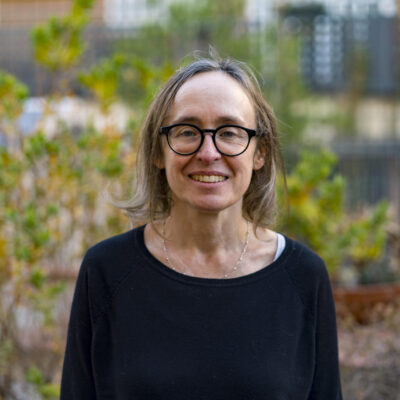Translation in Periodicals:
Panel Discussion and Special Session

Panel Discussion: Decoding Periodicals. Translators, Data, and Interdisciplinary Insights
Panel chair: Ivana Hostová
Luc van Doorslaer
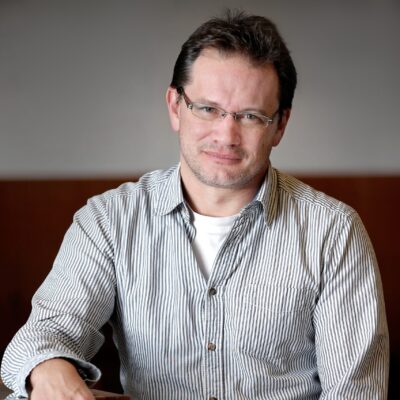
Luc van Doorslaer is Full Professor of Translation Studies at the University of Tartu (Estonia), the former President of CETRA (2014-18), the Center for Translation Studies at KU Leuven (Belgium), and Professor Extraordinary at Stellenbosch University (South Africa). Since 2016, he is Vice President of EST, the European Society for Translation Studies. He is journal editor of ‘Translation in Society’ as well as co-editor of the ‘Translation Studies Bibliography’ and the five volumes of the ‘Handbook of Translation Studies’ (John Benjamins).
Diana Roig-Sanz
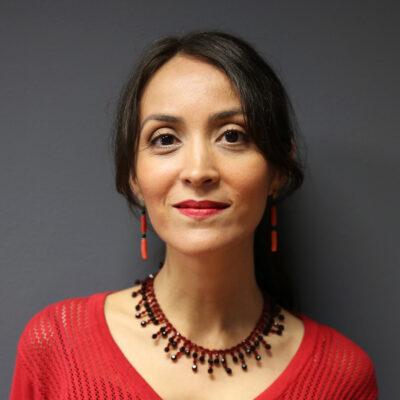
ICREA Full Professor, and recipient of a former ERC Starting Grant (until Sept. 2024) and Ramón y Cajal fellowship, Diana Roig-Sanz is an expert in global literature and cultural transfer, sociology of translation and the use of digital methods applied to historical objects. She is one of the very few Catalan and Hispanic scholars (in Catalonia, Spain and Latin America) currently combining macro- and micro-historical analysis with KDD (knowledge discovery in databases) and big data approaches.
Data mining and big data approaches are changing the ways in which we create knowledge, access information and preserve our cultural heritage. Today, one of the greatest challenges for a decentred and non-Eurocentric global cultural history is to engage in larger accounts of cultural processes (both geographically and temporally). Roig-Sanz’s research builds upon these key themes in global studies, and the cutting-edge digital humanities it applies allow her to adopt a new scholarly approach based on the following starting points:
1) A decentred and empirical approach to global cultural history.
2) A big data-based turning point in the humanities.
3) Cross-disciplinary methodology.
4) Collaborative, open and international science.
In that respect, she has challenged and revised former scholarly interpretations and developed new original approaches, and has been visiting scholar at the Oxford Internet Institute, the KU Leuven, and the ENS (rue d’Ulm) in Paris. She is also member of the international staff of the Center for Translation Studies Summer School.
Jutta Ernst
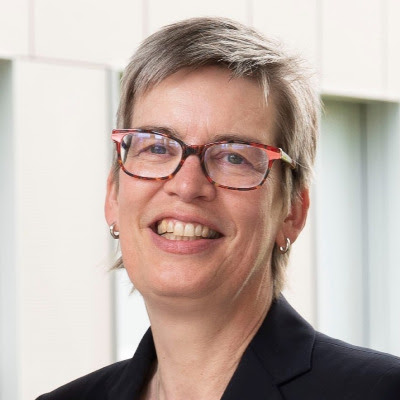
Jutta Ernst is Professor of American Studies and Executive Board member of the Obama Institute for Transnational American Studies (https://www.obama-institute.com/) at Johannes Gutenberg University Mainz, Germany. Her research focuses on contemporary US-American and Canadian writing, periodical cultures, and the translation and mediation of literature. Her most recent publications include Amerikanische Modernismen: Schreibweisen, Konzepte und zeitgenoessische Periodika als Vermittlungsinstanzen (2018) and the coedited volumes Shifting Grounds: Cultural Tectonics along the Pacific Rim (2020) and Periodical Studies Today: Multidisciplinary Analyses (2022). She is cofounder of the Mainz research group on ‘Transnational Periodical Cultures’ (http://www.transnationalperiodicalcultures.net/) and coeditor of the Brill series ‘Studies in Periodical Cultures’ (https://brill.com/display/serial/SPC).
Laura Fólica
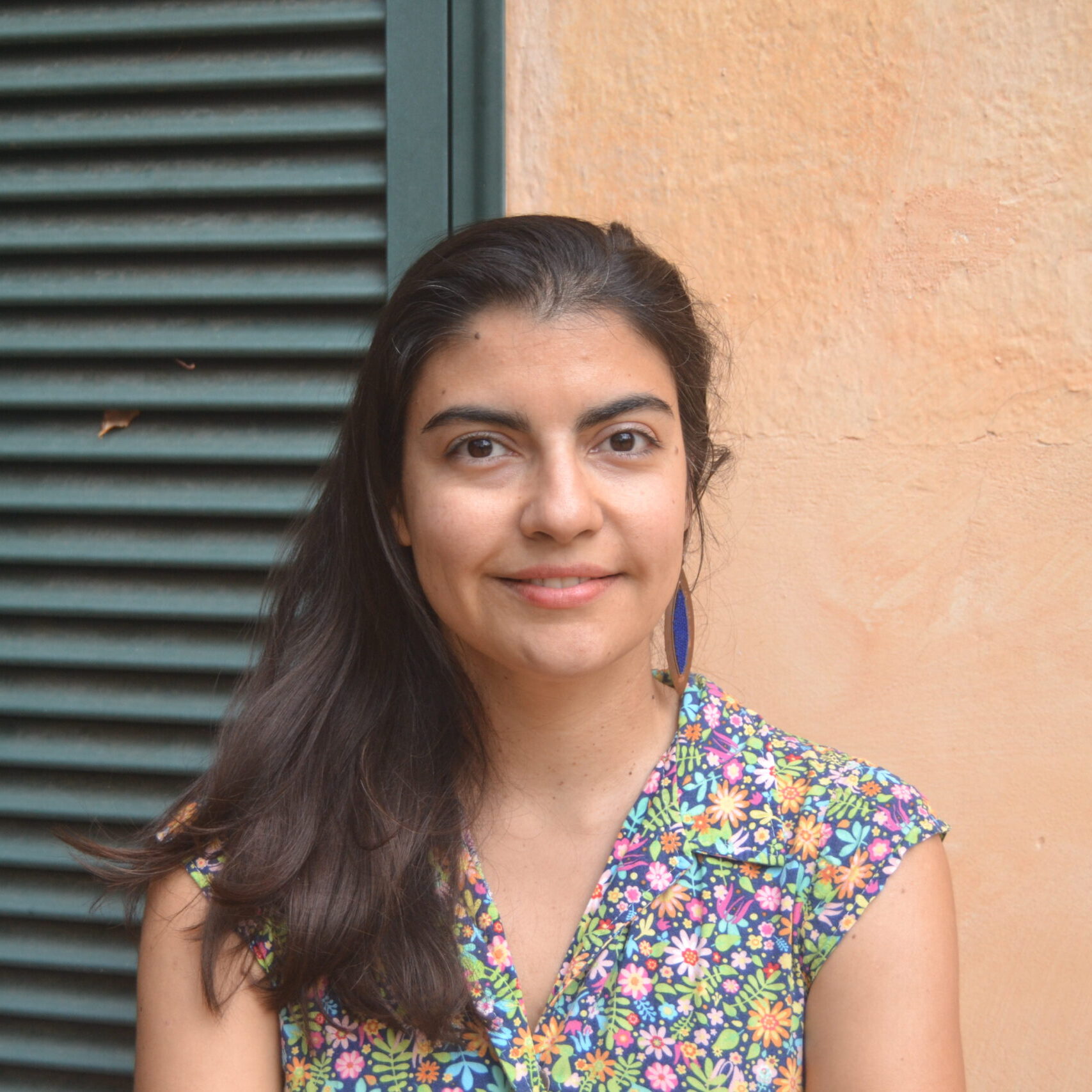
Igor Tyšš
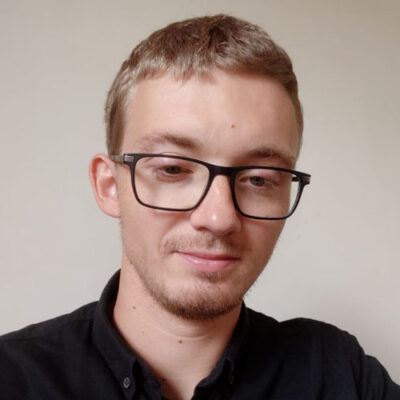
Igor Tyšš is a researcher at the Institute of World Literature of the Slovak Academy of Sciences in Bratislava. A specialist in translation studies and American studies, in his research he deals with translation history, poetry translation, and the impact of communist ideology on translation mostly focusing on literary magazines of the socialist era. He has collaborated on a number of larger Slovak research projects (mainly focusing on translation history) and is a member of the international History and Translation Network. Igor Tyšš is both an interpreter and a translator, mostly of pragmatic texts (advertising, promotion, academic) and of literary texts. He writes reviews. He is also a poet, published in journals and anthologies. In 2015 his debut poetry collection, Alba, came out (and the following year it was translated into Macedonian).
Special Session: Translators in Periodicals as Society-Shaping Agents
This session aims to explore the role of actors engaged in translational and translatorial actions within cultural periodicals. It aims to focus on such issues as the contribution of translation agents to creating cultural and political resistance, facilitating transnational cultural mediation, and building journals as nodes to establish transnational networks that facilitate “circulation of texts and publishing models” (Fólica – Roig-Sanz – Caristia 2020, 4). Periodicals containing translations, particularly those with significant curatorial input, have often served as zones of resistance against dominant narratives, with translators and editors playing crucial roles in this process. Through the creation of these heterogeneous platforms, translational agents often introduce alternative perspectives and amplify marginalized voices.
In this session, we encourage papers that examine such dynamics in periodicals across different regions and historical contexts and contribute to knowledge in the area where translation and translator studies meet studies in periodical cultures in which the issue of translation is still felt as “an understudied aspect” (Ernst 2022, 253). We encourage contributions that adopt interdisciplinary approaches which draw on translation studies, periodical studies, cultural studies, sociology, political science, digital humanities, and other fields.
The session wishes to address questions including, but not limited to:
- The formation and operation of actor-networks that establish periodicals as nodes in transnational networks
- Translation agents in periodicals and activism
- The role of translators and editors in facilitating cultural and political shifts
- The possibilities for research offered by digital humanities
Submission guidelines
The conference languages are English and Slovak. If you wish to present the paper in German, Spanish, French or Russian, please indicate so in the abstract. However, in view of the later publication we strongly recommend the use of English. All abstracts are to be submitted in English.
Abstracts of up to 300 words should be submitted by 3 March 2025 to registration@tic-conference.eu. Please include the title of your paper, your full name, institutional affiliation, and contact information and indicate the session title directly below your presentation title in your abstract as follows: “Paper for Session: Translators in Periodicals as Society-Shaping Agents.” Submissions will be reviewed by the conference committee, and notifications of acceptance will be sent in April. All abstracts will be double-blind peer-reviewed by the members of the scientific board.
We encourage contributions from scholars at all career stages, as well as practitioners who can provide insights from the field.
References
Ernst, Jutta. 2022. “Translation,” in Periodical Studies Today, ed. by Ernst, Jutta – von Hoff, Dagmar – Scheiding, Oliver, 253-234. Leiden and Boston, MA: Brill.
Fólica, Laura – Roig-Sanz, Diana – Caristia, Stefania. 2020. “Towards a transnational and large-scale approach to literary translation in periodicals.” In Literary Translation in Periodicals Methodological challenges for a transnational approach, ed. by Fólica, Laura – Roig-Sanz, Diana – Caristia, Stefania, 1-17. Amsterdam and Philadelphia, PA: John Benjamins.
This pannel and session is organised as part of EU – NextGenerationEU through the Recovery and Resilience Plan for Slovakia under the project No 09I03-03-V04-00667 Information flows and zones of resistance: Translation in Slovak cultural and literary periodicals since the 1990s (principal investigator: Ivana Hostová).

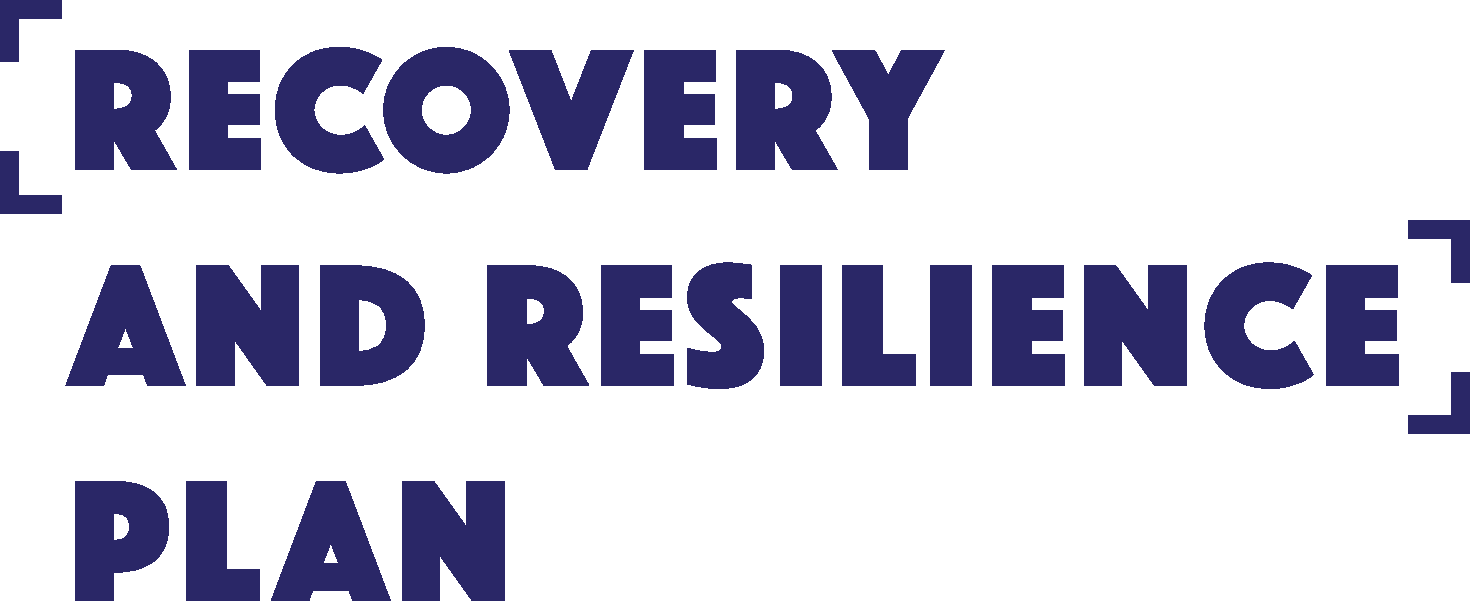
Featured Talks & Speakers

Renée Desjardins

Luc van Doorslaer
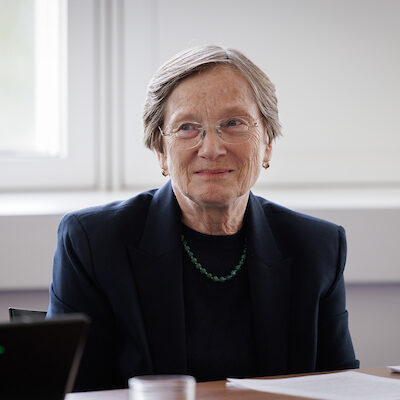
Ivana Čeňková
